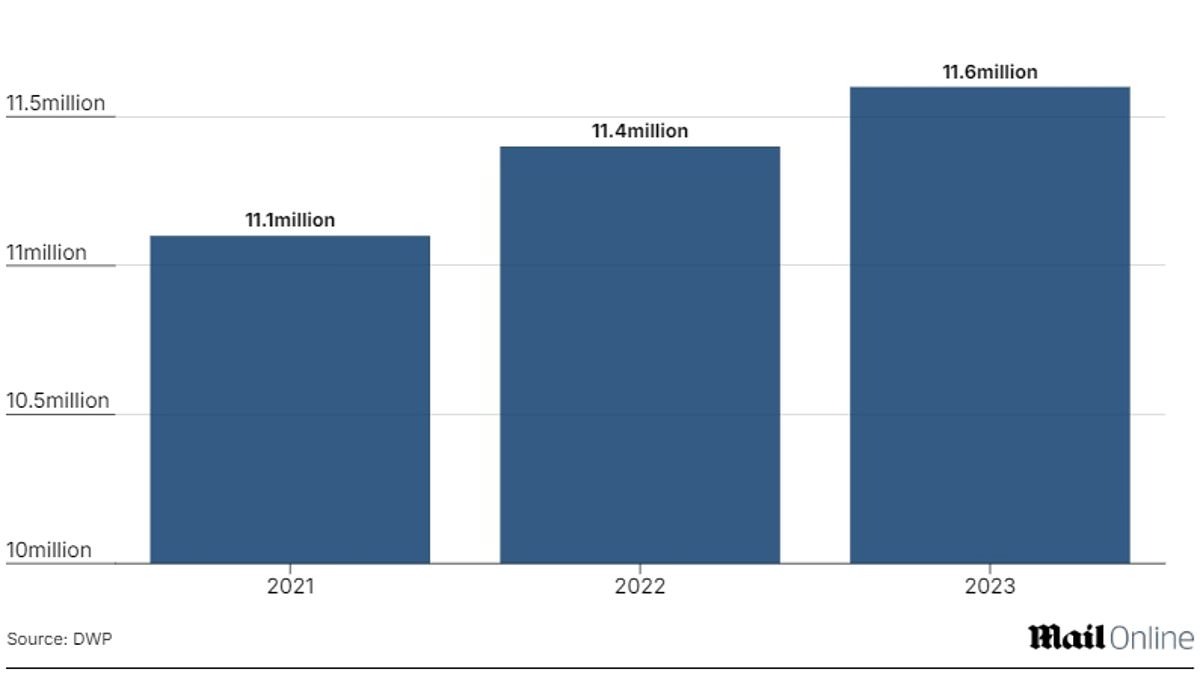Winter fuel payments to pensioners rose to 11.6 million last year, new figures show as the Government continues to face a backlash over its plan to cut back the benefit.
The number of people who received the payment last winter was 214,000 more than the 11.4 million in 2022-23, and it has steadily risen from 11.1 million in 2020-21, statistics released by the Department for Work and Pensions (DWP) show.
The annual tax-free payment of between £100 and £300 was introduced in 1997 to help eligible pensioners meet the costs of heating their homes in winter.
The Government is facing opposition to its decision to means-test the payment, stripping it from millions of pensioners.
Pensioners staged a protest outside Labour’s annual conference on Monday to criticise the plan.
A conference showdown on the issue is expected on Wednesday as Unite and the Communication Workers Union have put forward motions to debate the policy and push for its reversal.
Liberal Democrat work and pensions spokesman Steve Darling said in response to the DWP statistics: ‘Hundreds of thousands more pensioners are now set to lose out on these desperately needed payments that protect so many from having to choose between heating and eating.
‘Cutting these payments for pensioners, which include millions who are just scraping by and are now worried about how they will get through the winter, is totally wrong.
‘It is not too late for this new Government to change course.’
It came as the Tories launched a poster campaign to remind Labour MPs ‘how they have turned their back on pensioners in their own constituencies’.
Vans parked out side the conference in Liverpool feature MPs who did not vote in the Commons for the WFP to be reinstated.
Shadow work and pensions secretary, Mel Stride MP, said: ‘Labour have made a political choice to force pensioners to suffer this winter whilst handing billions to their trade union paymasters in inflation busting pay rises.
‘We said we would hold Labour to account. We won’t let Labour MPs forget how quick they were to betray the pensioners in their constituencies.’
